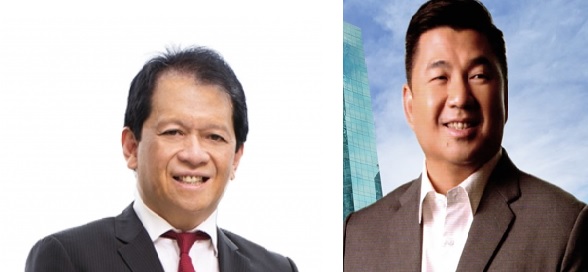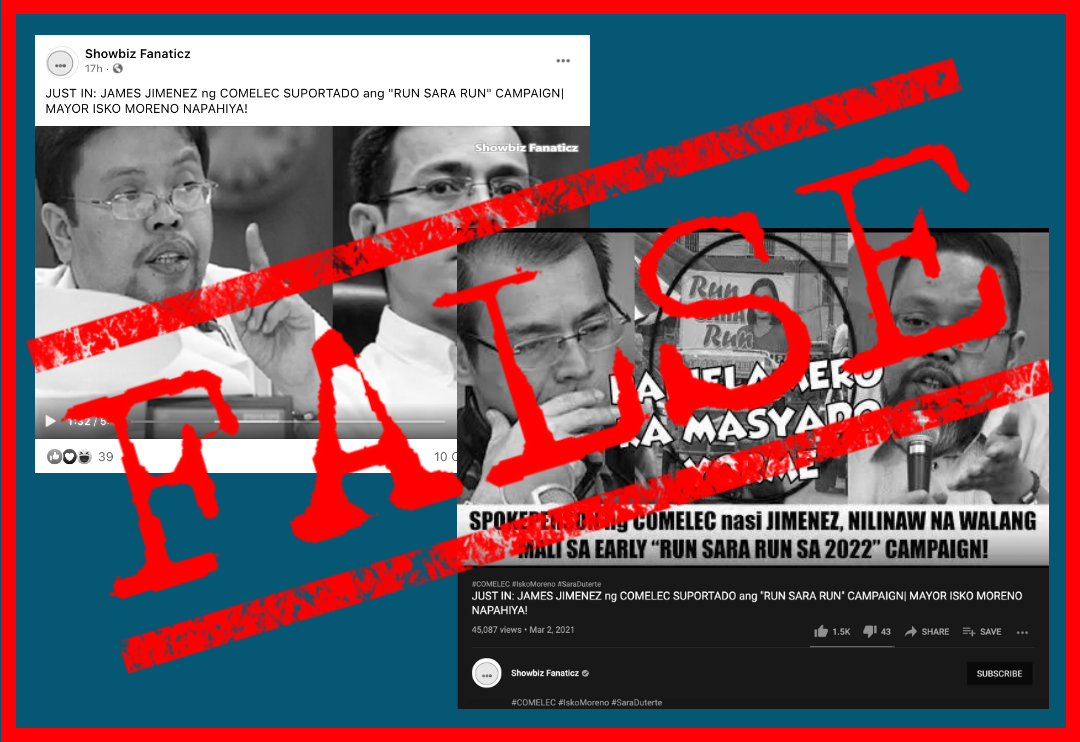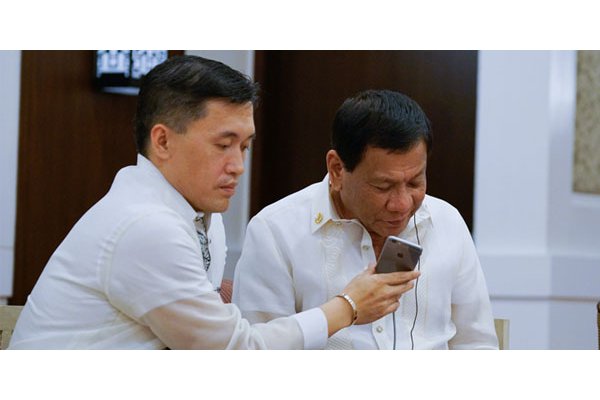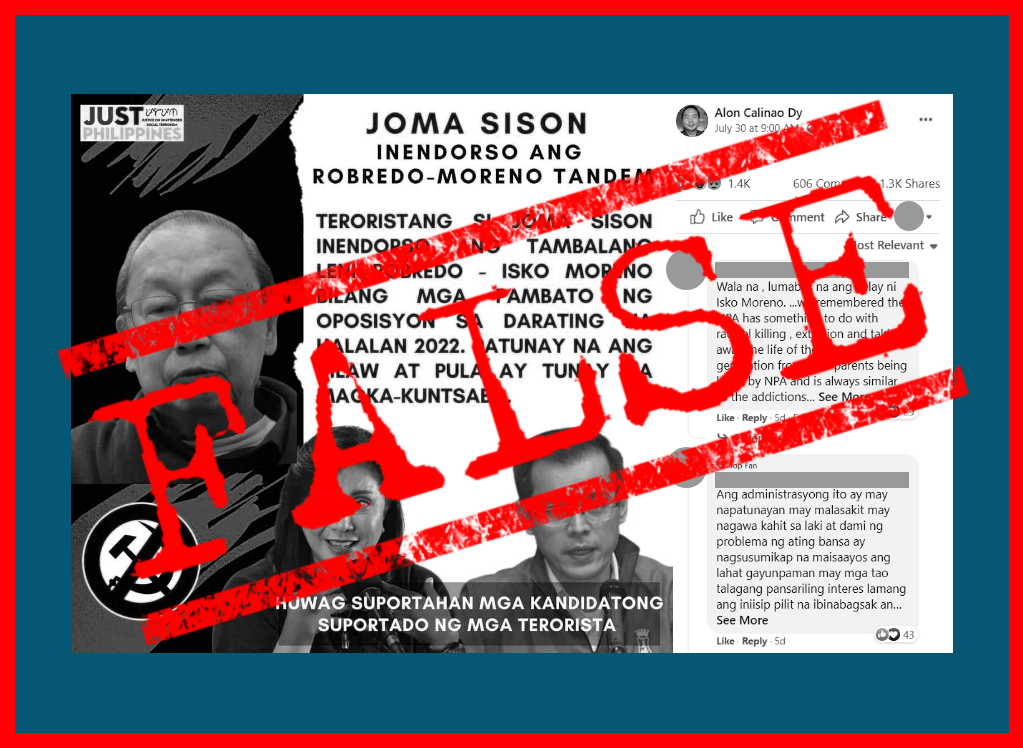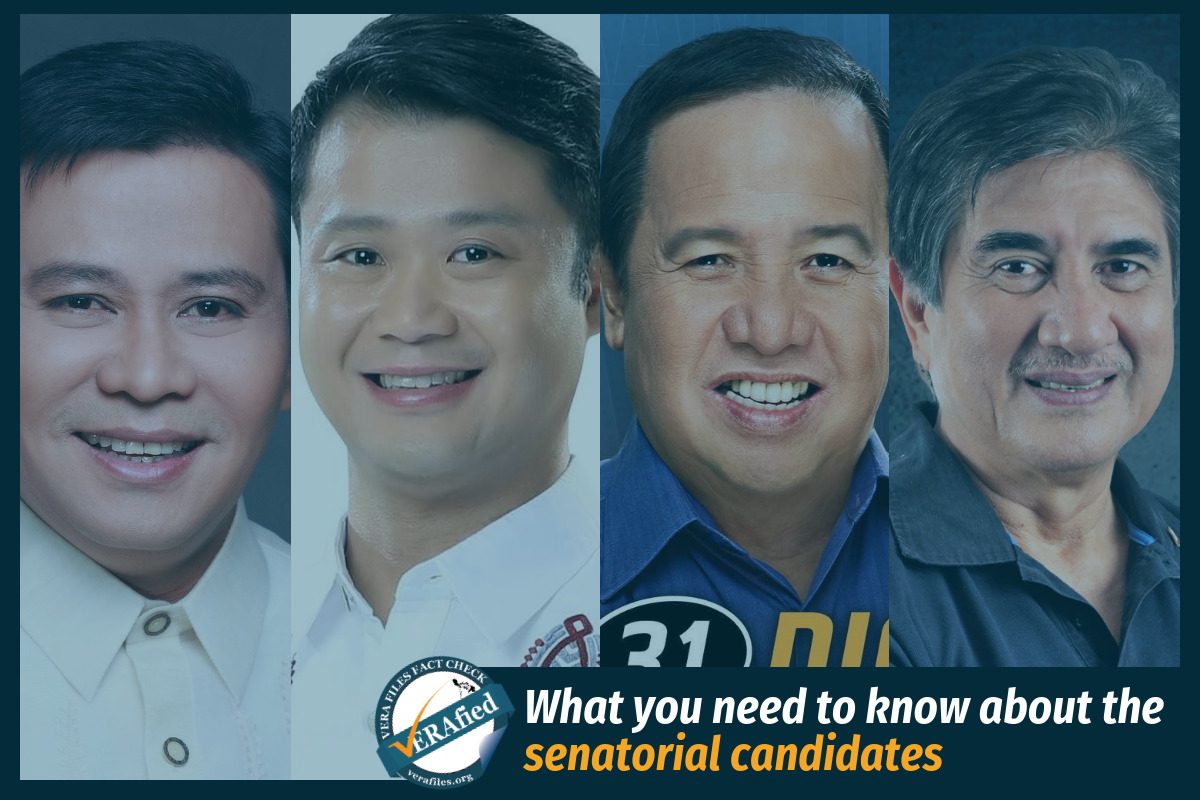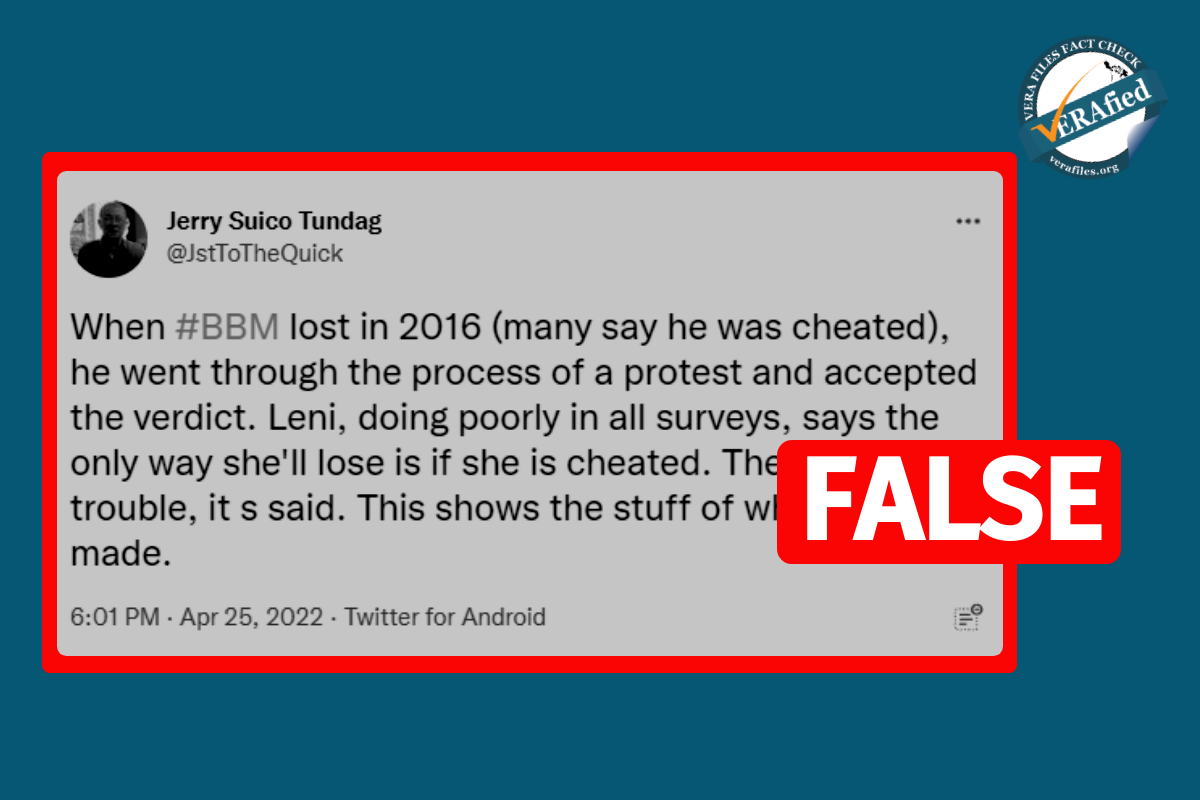On July 28, 2021, the Commission on Elections (Comelec) special bids and awards committee (SBAC) announced that a Parañaque-based company had won the bid for the transport of election supplies for Halalan 2022. The lowest calculated bidder, F2 Logistics Philippines Inc., won the project, which comes at a cost of 1.61 billion pesos.
What exact functions in the election process are expected of the winning bidder? First, it will be responsible for the deployment of vote counting machines and their peripherals such as external batteries and accessories. They include other key essentials: canvassing machines that tally the votes into local totals, which, when added, are then transmitted to make up the national total. Also included are transmission and equipment devices, ballots, of course, and generator sets. The winning bidder is responsible not just for the delivery of all these supplies to the country’s polling precincts, but also for the performance of reverse logistics: bringing them all back to Manila after the counting. This list of machines alone provides us a fair get-go of how another 7-hour glitch (said to have occurred in the 2019 elections) can materialize.
Last week, Comelec spokesperson James Jimenez clarified it has not yet awarded the contract to the winning bidder. He reasoned this was due to the “post-qualification process, which hasn’t been completed yet.” When the Comelec SBAC had announced the winning bidder, it had also said it bested three other qualified bidders. Let us get into these bidders.
But, first, let’s talk about F2 Logistics. It was established a decade ago as an air, sea, and land domestic forwarding company by its founder, businessman Efren E. Uy, a native of Cebu. It had tremendously grown since then to diversify into airfreight export and import, customs brokerage; end-to-end supply chain (including medicine cold storage in the pharmaceutical industry even before the pandemic); warehousing; ISO tank containers that have the capacity to transport liquids; food grade and hazardous/non-hazardous chemicals; and a service division called Project Cargo, which makes it capable of transporting oversized cargoes requiring massive delivery capacity and specialized handling.
Uy holds a Bachelor of Science degree in Mechanical Engineering from the University of San Carlos. He is listed as president and chief executive officer of F2 Global Logistics Inc., Agri Farmers Inc., F8 Prime Transport Services Inc., Ultimate Yellow Transport Services Inc., and F Moves Transport Corporation. He is also listed as president and CEO of Miren Holdings Inc.
Two matters of fact are important to understand here: Uy is a self-made businessman who began his efforts at business under the previous government administrations. Secondly, this is also the second time that F2 Logistics won the same kind of election contract, the first time in the 2019 elections.
So what is the problem?
The first problem is his very close business ties with Dennis Uy. For the record, the two Uys are not related by blood, but here is the profile of their business relationship as revealed by Dennis Uy himself in the senate. When Dennis Uy was grilled in the senate on the third telecommunications company, which he owns, he had flip-flopped when asked by Senator Antonio Trillanes: Are you close to Duterte? Uy said he wasn’t. Trillanes pressed further. Videos of that Senate proceeding tell no lies. Dennis Uy revealed Efren Uy is his business partner.
The website Relationship Science also lists the following Dennis Uy executives in his company Chelsea Logistics as having “strong” business relations with Efren Uy: Dennis Uy, Cherlyn Chiong Uy (wife of Dennis Uy), Chryss Alfonsus V. Damuy, Ignacio S. Braga IV, Arthur Kenneth L. Sy, among otherrs.
The second problem is a possible conflict of interest. Efren Uy is listed as a campaign donor of President Duterte. In fact, his name appears as one of only 30-odd contributors to the Duterte campaign in 2016. Based on Duterte’s Statements of Contributions and Expenditures (SOCE), Efren Uy is listed as having donated Php3.5 million to the Duterte campaign. Did Comelec’s SBAC know this? Again, that is captured in the video of the senate hearing, when Dennis Uy admitted he knew Efren Uy as well as the other donors to the Duterte campaign. But Duterte’s SOCE more than qualifies as a primary document of evidence. Did Comelec not have a copy of that?
Who were the three other bidders in the Comelec bidding? They were LBC Express, Airspeed International, and 2GO Express Inc.
Readers may be interested to know that, possibly at the time of the bidding, 2GO was also owned by Dennis Uy. He tendered his resignation as chairman of the board of 2GO only on June 3, 2021. All the other members of the board identified with Uy had also resigned on the same date: Maria Concepcion F. de Claro (Phoenix Petroleum), and Damuy (Chelsea Logstics and Infrastructure Holdings).
Why did Dennis Uy sell 2GO Express to SM Investments Corporation? Uy’s Chelsea said “proceeds from the sale will be used to repay the loan that it obtained in 2017 to secure the majority stake in 2GO.” Dennis Uy secured that loan in the amount of US$220 million from the Bank of China in 2017. Bank of China is a commercial bank that is owned by the Chinese state. Let us repeat that: it is a Chinese government bank. It is thus a duty to ask in behalf of our country’s national interests: With Dennis Uy’s involvement in our electoral process, how much of that involvement is also tied to Chinese interests?
Shall we just dismiss these verified business relations as common interlocking dealings and say they are par for the course, even for an election that is supposed to be our country’s main apparatus of the democratic process?
The views in this column are those of the author and do not necessarily reflect the views of VERA Files.
